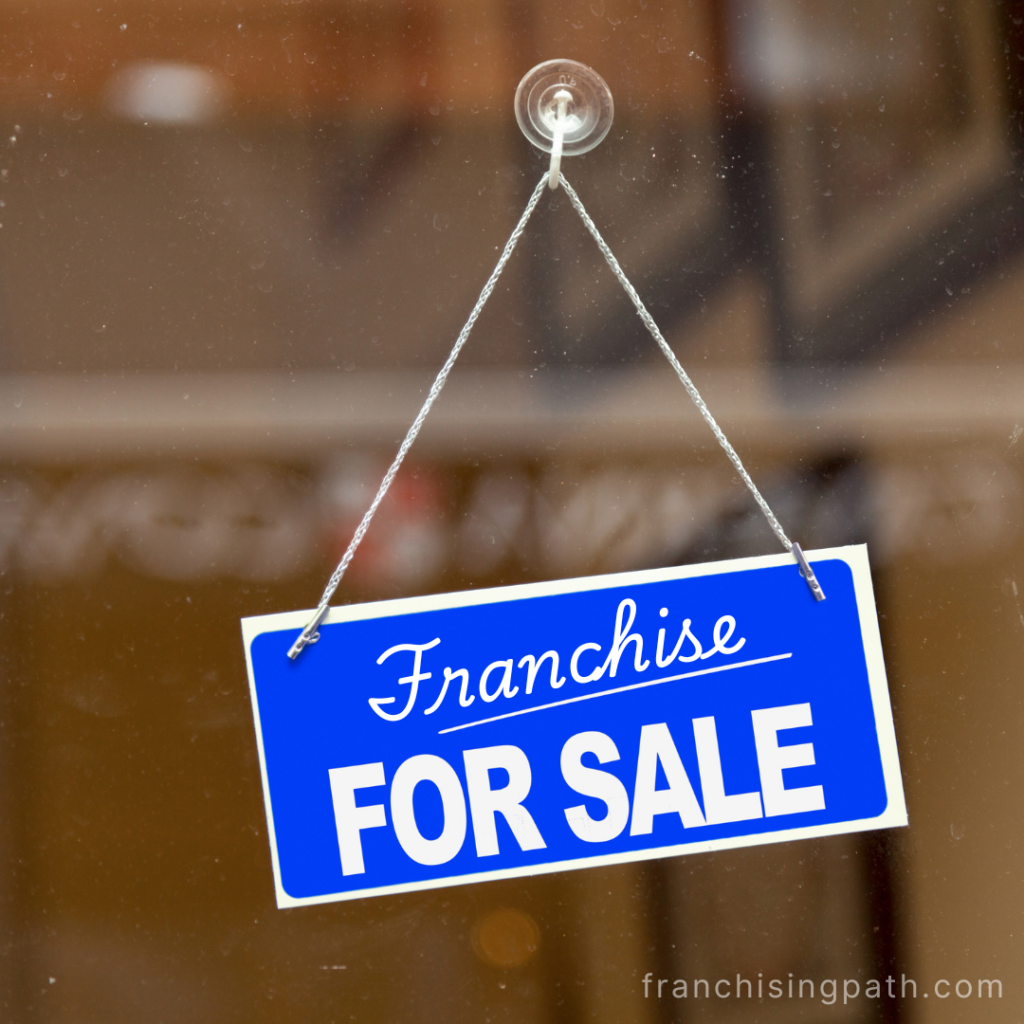When considering franchise ownership, the traditional route is to purchase a new franchise directly from the franchisor. However, an alternative is buying an existing franchise for sale. This approach offers unique advantages and potential pitfalls.
Let’s take a closer look at the pros and cons of buying a franchise already “in operation”, to help you make an informed decision.
What Drives Franchise Owners to Sell?
1) Personal Reasons such as retirement, relocation, health issues, or family commitments.
2) Financial challenges like declining sales, increasing costs, or poor performance can lead franchisees to sell their businesses.
3) Disagreements with the franchisor regarding fees, policies, or other matters may prompt franchisees to sell their businesses.
4) Desire to Pursue Other Opportunities. Franchisees may choose to sell their businesses to pursue other interests, such as starting a new business or investing in other ventures.
The Pros of Buying a Resale Franchise
– A key advantage is inheriting a ready-made customer base. This can significantly reduce the time and effort required to build brand awareness and attract customers.
– You benefit from a tried-and-true business model that has already demonstrated its viability in the market.
– Buying an existing franchise often requires a lower initial investment compared to purchasing a new franchise.
– With a track record of success, you can mitigate some of the risks associated with starting a new business.
Important Factors to Consider in Buying a Resale Franchise
– Potential Issues with the Previous Owner. It’s crucial to conduct thorough due diligence to uncover any underlying problems with the business, such as poor management, financial difficulties, or negative customer experiences.
– Relationship with the Franchisor. Assess the franchisor’s support and guidance for existing franchisees. A strong relationship with the franchisor can be invaluable.
– Understanding the reason behind the sale is crucial. While personal reasons like retirement or relocation are common, financial difficulties or franchisee-franchisor conflicts can be red flags.
So, now the question is IS IT A RED FLAG OR A WHITE FLAG?
While buying a used franchise can be a smart investment, it’s essential to be cautious. If the franchise is being sold due to financial problems, poor performance, or legal issues, it may be a red flag. Thoroughly investigate the reasons for the sale and conduct due diligence to avoid potential pitfalls.
– Consult with a Franchise Consultant and a Franchise Attorney. Seek legal advice to protect your interests and ensure a fair deal.
– Carefully review the franchise agreement to understand the terms and conditions, including fees, royalties, and restrictions.
– Review the franchise’s financial records, including income statements, balance sheets, and cash flow statements.
– Evaluate the franchise’s long-term growth potential and its ability to adapt to changing market conditions.
– Assess the Franchise’s Brand Reputation. A strong brand reputation can attract customers and drive sales.
– Visit the Franchise Location. Observe the operations firsthand and talk to employees and customers.
– Don’t be afraid to negotiate the purchase price and terms of the deal.
– Connect with other franchisees to gain insights into the challenges and opportunities of the franchise system.
Curious to learn more? Schedule a consultation with me and we’ll discuss your specific goals and explore your options.


